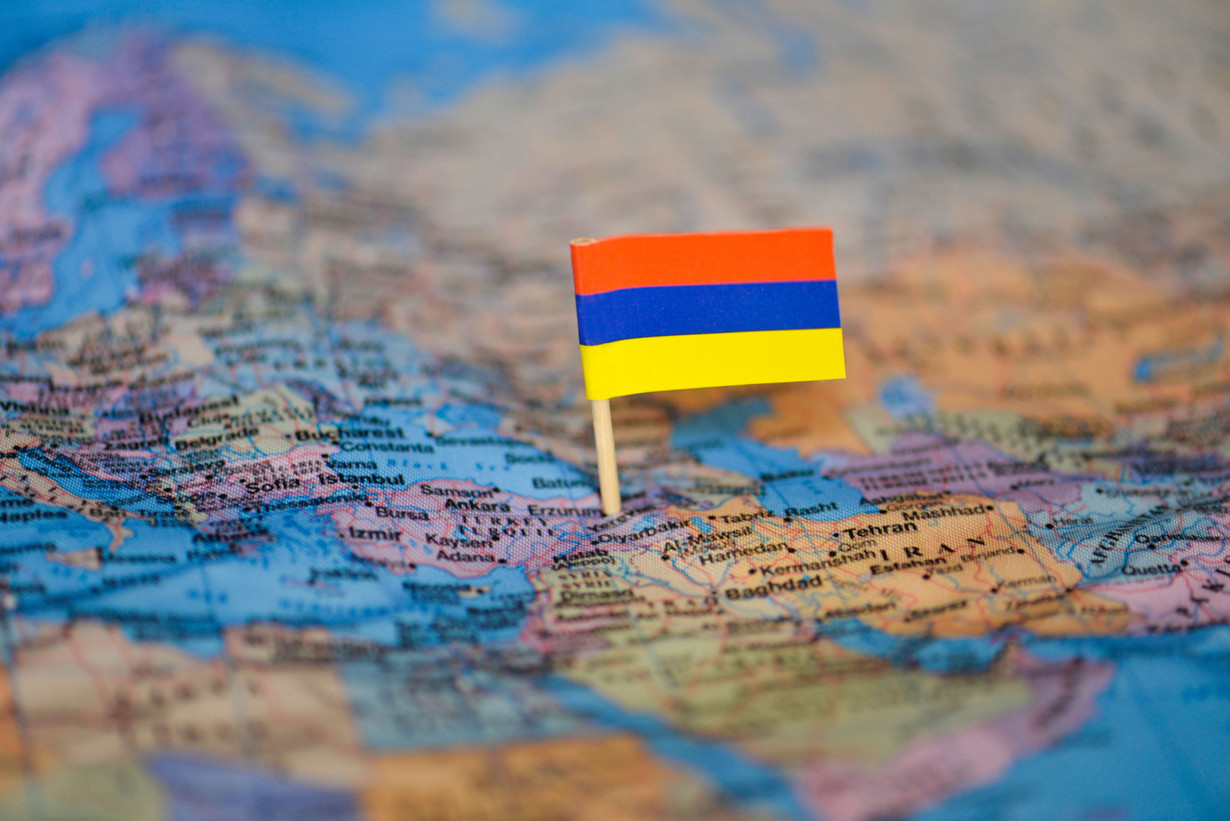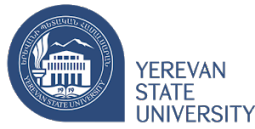The background to the organisation and hosting of ECER 2022 in Yerevan is one that has been indelibly and fundamentally influenced by the experience of the Covid-19 pandemic. The initial rhetorical, political and social reactions to this profound global challenge paradoxically, although perhaps understandably, emphasised the necessity to engage in unprecedented actions in order to ensure continuity with the as it was world prior to January 2020. These actions have had a profound effect at all levels of society and have been global in scale. As we consider their impact, what has become increasingly clear is that the two centrifugal forces of interdependency and individuality remain at the heart of most social endeavours and continue to have a profound impact on education and educational research.
The drive towards greater integration and interdependency is one of the most significant social trends of recent decades. Arguably we have seen the emergence of a ‘global’ civil society, where a wide range of social structures and processes (security, healthcare, ecology, education etc.) are becoming increasingly integrated and connected across different transnational, national, regional and local contexts. The emergence of collective solutions for global questions and challenges, often driven by transnational bodies who seek to maximise their impact through the provision of at times prescriptive policy interventions, has resulted in greater drive towards homogenisation across many areas of society. In education this movement can been seen in, for example, the impact of large scale assessments, increased coordination of government policies across regions, the dominance of research discourses from specific cultural, linguistic and methodological discourses to name but a few.
Perhaps in reaction to this drive towards integration there has been a parallel, and increasingly important, assertion of the particular and a demand that researchers and practitioners in education be allowed to take into consideration local specifications. The demand that local and national academic and cultural particularities be given special consideration when discussing issues in education and educational research is emerging as an increasingly important theme. From this perspective, education fulfils a crucially important role, because all generations are represented in it and it provides a forum for intergenerational knowledge creation and sharing that has the potential to have a transgenerational impact.
The host country for ECER 2022, Armenia, is a fascinating exemplar of the way in which these parallel drives towards integration and fragmentation play out. As a country at the crossroads of Europe and Asia, it incorporates various cultural, research and policy traits. In terms of educational provision, recent decades have seen the Armenian educational system move from a Soviet model to one that consciously seeks to integrate itself into a broader ‘European’ structural and policy area. This transition is ongoing and continues to pose opportunities and challenges for educational researchers and practitioners. Arguably our recent experience of global dislocation brought about by the pandemic has resulted in educational researchers across Europe and beyond facing similar types of challenges. For this reason ECER 2022 in Yerevan seeks to explore how we as researchers are engaging with a changed and changing reality. How does EERA, an organisation committed to engaging in educational research for the benefit of society, carry out this mandate in such a world? What, for example, do we mean when we speak of society? Has it really been radically changed by our recent experiences or have we ‘returned to normal’? What do we now mean by ‘educational research’? How do we now ‘do’ this research? Has this changed and if so how and why? Does the drive to integrate and share beyond previously defined borders enhance our potential as researchers to improve educational provision? Have we lost the contextual richness of our work in the drive to develop global solutions or are we managing to successfully integrate the global with the local?
We look forward to welcoming you to Yerevan to discuss these and other questions.
Important Dates ECER 2022
07.12.2021 | Submission starts |
31.01.2022 | Submission ends |
01.04.2022 | Review results announced |
02.04.2022 | 10 days' period to confirm in-person or online presentation |
25.04.2022 | Registration starts |
15.05.2022 | Early bird ends |
25.06.2022 | Presentation times announced |
30.06.2022 | Registration Deadline for Presenters |
Conference Venue
Yerevan State University
1 Alex Manoogian
0025 Yerevan
Armenia
http://www.ysu.am/main/en


